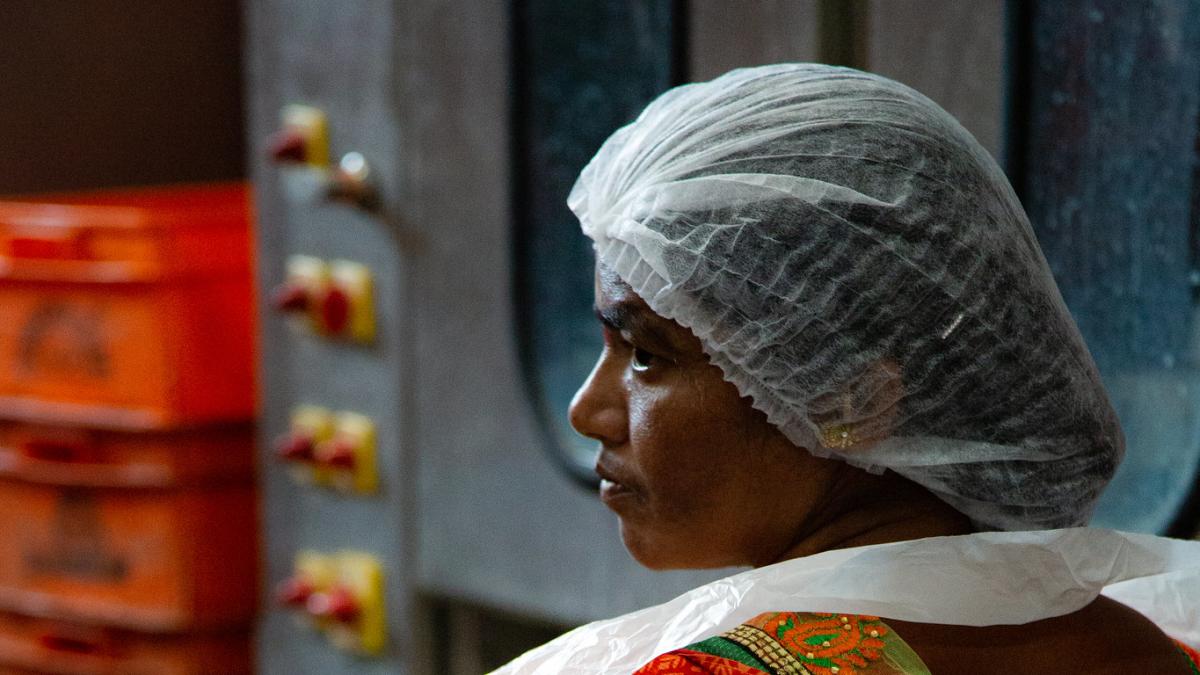

Gender equality in livestock systems will lead to more sustainable, productive and healthy outcomes for families, communities and future generations.
Livestock are a powerful but neglected asset for hundreds of millions of families. Reducing gender disparities is essential to realizing their potential to reduce poverty and malnutrition and expand economic opportunities for everyone and especially for women and girls.